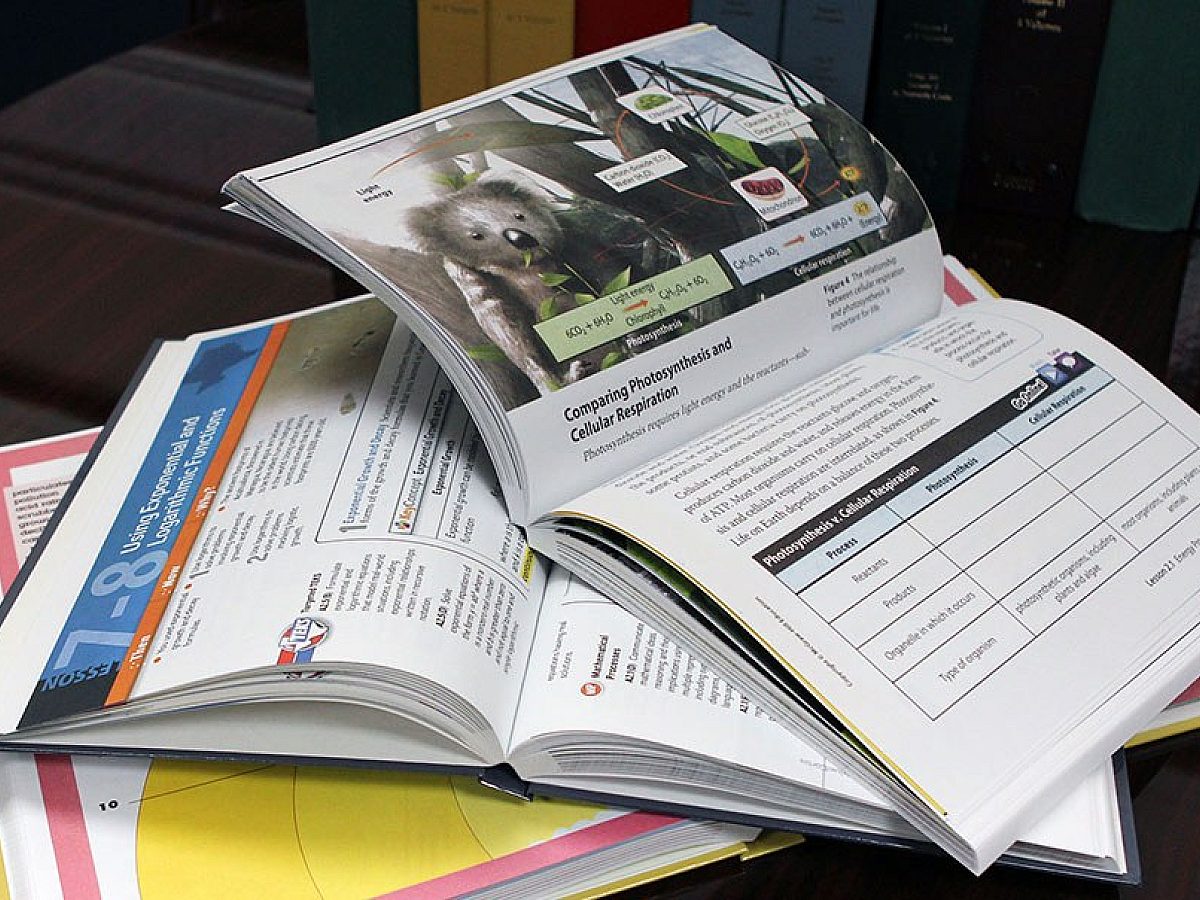Approx read time: 3 mins 🕒
Interpreting allows businesses to communicate clearly and accurately across languages during global negotiations, trade shows, conferences and meetings.
For UK companies engaged in international trade, professional interpreting reduces the risk of miscommunication, builds trust with overseas partners, and ensures contracts and agreements are fully understood.
Now, let’s look at why interpreting has become a cornerstone of successful global trade.
The language of trade
International trade is built on relationships. Whether you’re exporting goods to Europe, negotiating supply chain agreements in Asia, or presenting at a trade fair in the Middle East, the ability to communicate in real time is vital.
Yet, language remains one of the most common barriers for UK exporters.
According to government studies and our recent findings, companies that invest in language skills are significantly more successful in overseas markets than those that rely on English alone. While English is often used as a global language of business, research shows buyers overwhelmingly prefer to conduct discussions in their native tongue.
This is where professional interpreting becomes indispensable.
How interpreting supports exporters:
1. Clear communication in negotiations
Negotiations can collapse when terms are misunderstood. Interpreters ensure all parties fully understand contract conditions, payment terms and delivery schedules. This protects businesses from costly mistakes and builds stronger trade relationships.
2. Trade shows and exhibitions
International trade fairs are a critical opportunity for UK exporters to showcase products. Having an interpreter at your side allows you to engage directly with buyers, answer technical questions, and present your brand without language barriers.
3. Virtual meetings and video calls
With more international trade conducted online, video remote interpreting has become a valuable tool. It provides instant, secure language support across time zones, helping businesses maintain momentum in global negotiations.
4. Compliance and regulation
From customs documentation to product standards, international trade often involves regulatory complexity. Interpreters help ensure compliance discussions are understood by all sides, reducing the risk of non-compliance.
Interpretation is a remarkable skill, and I can tell you we can’t do our diplomacy without it.
The risks of not using an interpreter
Businesses that rely on bilingual staff, free tools or “getting by” in English face serious risks:
-
Misunderstandings: Ambiguities in legal or commercial terms can derail deals.
-
Lost opportunities: Buyers may feel undervalued if communication isn’t in their language.
-
Reputational damage: A single mistranslation in a high-stakes meeting can harm credibility.
-
Compliance issues: Misinterpreting regulatory requirements can lead to penalties or delays.
In competitive markets, these risks can be the difference between securing a contract and losing it to a competitor who communicates more effectively.
Modes of interpreting in trade
Professional interpreting services can be tailored to the specific context of international trade:
-
Consecutive interpreting – ideal for small business meetings, where the interpreter translates after each speaker.
-
Simultaneous interpreting – commonly used in conferences and large trade events, providing real-time translation.
-
Video remote interpreting – fast, secure and scalable for virtual negotiations and global supply chain discussions.
-
On-site interpreting – offering a personal presence for complex negotiations or official visits.
Our recommendations for interpreting
At Wolfestone, we’ve supported UK businesses across industries to communicate successfully in international trade settings.
Based on our experience, here are our top recommendations when it comes to using interpreting effectively:
1. Choose the right interpreting mode
-
For high-stakes negotiations, consecutive interpreting ensures accuracy and clarity.
-
For trade shows and conferences, simultaneous interpreting allows you to connect with larger audiences in real time.
-
For ongoing supply chain discussions or global meetings, video remote interpreting offers speed and flexibility.
2. Work with interpreters who understand your industry
Trade-specific terminology can make or break a negotiation. Always request interpreters with experience in your sector.
3. Prepare in advance
Provide your interpreter with relevant documents, agendas, or product details before the meeting. This preparation helps them deliver fluent, accurate communication.
4. Consider both on-site and remote options
On-site interpreting creates trust and personal connection, while remote interpreting is cost-effective and scalable. For many exporters, a blend of both works best.
5. Prioritise confidentiality and compliance
International trade often involves sensitive financial, legal and technical discussions. Ensure your language service provider operates under strict confidentiality agreements and certified security processes.
By following these steps, UK businesses can gain a genuine competitive edge and make language an asset in global trade.
As global markets become more interconnected, language should never be a barrier to opportunity.
Professional interpreting ensures that UK exporters can negotiate, comply and build relationships on equal terms.
Contact us today to learn how our interpreting services can support your international trade.
Or explore our tailored interpreting solutions to ensure your voice is heard worldwide.
𝘒𝘦𝘪𝘳𝘢𝘯 𝘩𝘢𝘴 𝘣𝘦𝘦𝘯 𝘸𝘳𝘪𝘵𝘪𝘯𝘨 𝘢𝘣𝘰𝘶𝘵 𝘭𝘢𝘯𝘨𝘶𝘢𝘨𝘦 𝘴𝘰𝘭𝘶𝘵𝘪𝘰𝘯𝘴 𝘴𝘪𝘯𝘤𝘦 2021 𝘢𝘯𝘥 𝘪𝘴 𝘤𝘰𝘮𝘮𝘪𝘵𝘵𝘦𝘥 𝘵𝘰 𝘩𝘦𝘭𝘱𝘪𝘯𝘨 𝘣𝘳𝘢𝘯𝘥𝘴 𝘨𝘰 𝘨𝘭𝘰𝘣𝘢𝘭 𝘢𝘯𝘥 𝘮𝘢𝘳𝘬𝘦𝘵 𝘴𝘮𝘢𝘳𝘵. 𝘏𝘦 𝘪𝘴 𝘯𝘰𝘸 𝘵𝘩𝘦 𝘏𝘦𝘢𝘥 𝘰𝘧 𝘔𝘢𝘳𝘬𝘦𝘵𝘪𝘯𝘨 𝘢𝘯𝘥 𝘰𝘷𝘦𝘳𝘴𝘦𝘦𝘴 𝘢𝘭𝘭 𝘰𝘧 𝘰𝘶𝘳 𝘤𝘰𝘯𝘵𝘦𝘯𝘵 𝘵𝘰 𝘦𝘯𝘴𝘶𝘳𝘦 𝘸𝘦 𝘱𝘳𝘰𝘷𝘪𝘥𝘦 𝘷𝘢𝘭𝘶𝘢𝘣𝘭𝘦, 𝘶𝘴𝘦𝘧𝘶𝘭 𝘤𝘰𝘯𝘵𝘦𝘯𝘵 𝘵𝘰 𝘢𝘶𝘥𝘪𝘦𝘯𝘤𝘦𝘴.







